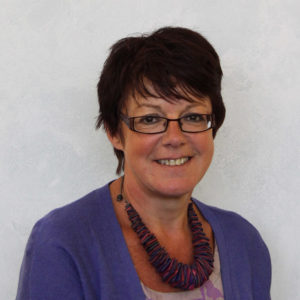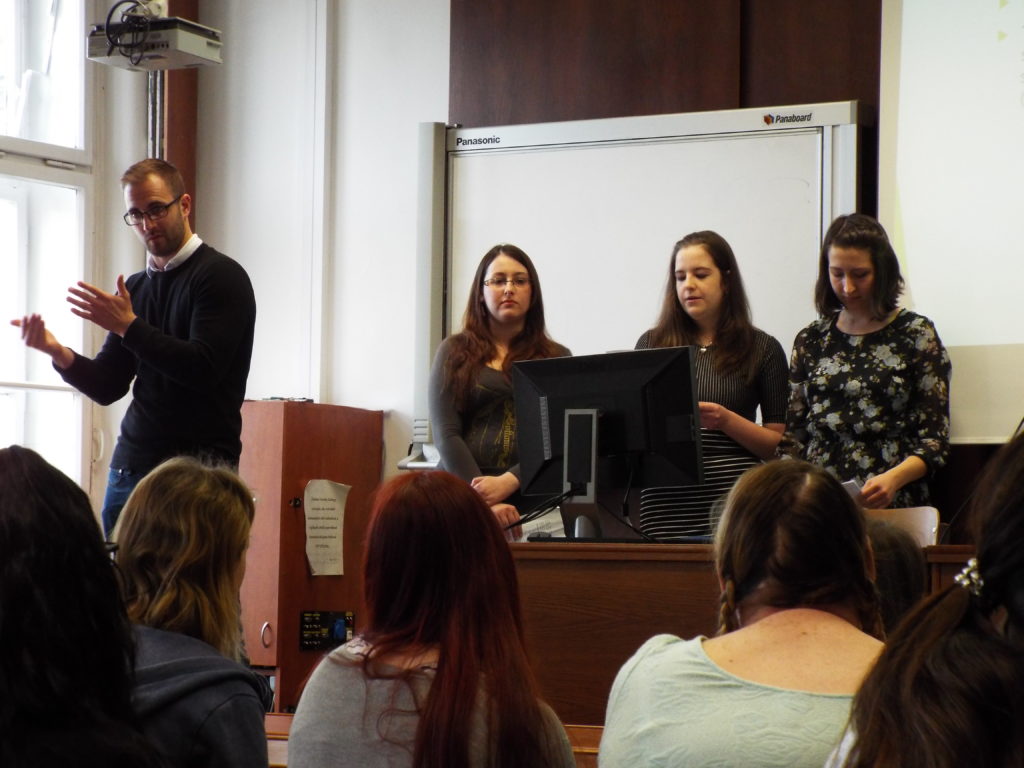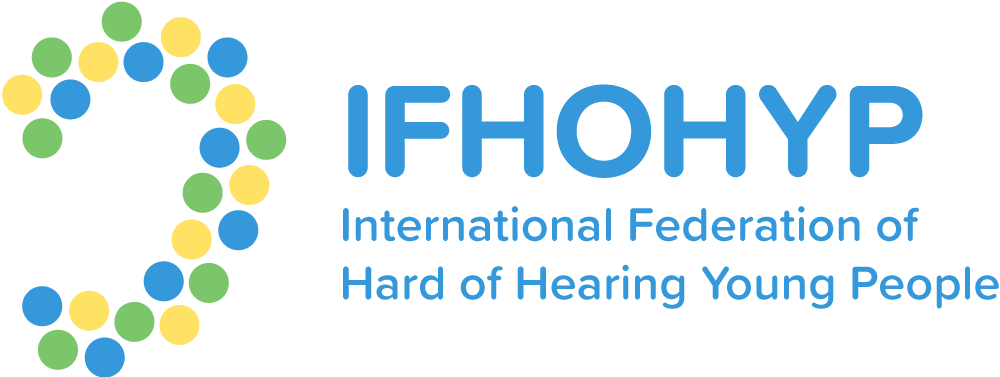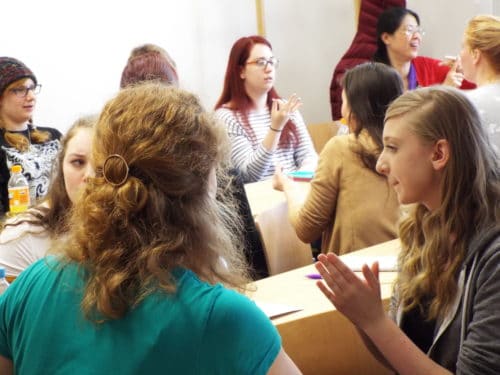Once upon a time I went to the conference at the university and I found out that one of workshops is dedicated to British Sign Language (BLS). At this time there was no idea in my mind how does it work, so my curiosity led me to this room, when the main character of this article approached. She conducted the whole workshop in complete silence, using sign and body language, making audience a bit confused due to the bigger effort that people had to make in order to understand each other.
I asked someone ‘who is she?’ and it turned out that it was none other than Lynne Barnes, Academic Lead for the BSL & Deaf Studies team at University Of Central Lancashire in England. She also acts as an Adviser to deaf and hard of hearing students across the university. Her research interests are in the pedagogy of deaf learners and access for deaf students within Higher Education. Lynne was awarded a National Teaching Fellowship in 2008 for her work and in establishing support services for deaf students. Prior to coming to UCLan, Lynne firstly taught History and then qualified as a Teacher of the Deaf. After working with deaf children in mainstream schools, she became a peripatetic tutor for deaf students, before moving back to Preston, her home town.
Check how studies can be more accessible for students with hearing loss on the example of University Of Central Lancashire in England…

What an Adviser for HoH/Deaf students has to do?
An Adviser for Deaf/HoH students:
- will primarily find out what kind of support is needed for this student (prior to them coming to university) – and make sure all support is in place before the students arrives,
- advise teaching and support staff about how best to teach/assess/support deaf students,
- is involved in making assessments accessible,
- helps with any queries regarding DSA (Disabled Students Allowances) which pays for their support,
- helps with the purchase of equipment and training of the equipment,
- liaises with all staff who are involved with the D/HoH student.
How to make studying more accessible if we are speaking about the students with hearing loss at university?
- students have a notetaker (either manual or electronic).
- All lectures are supposed to be filmed and put on internet. These can be captioned for D/HoH students.
- All deaf students have a Language Tutor – who helps them with written English/essay structure.
That’s brief summary; for more details please check attached booklets:
Teaching Deaf Students-Lecturers Guide
Supporting the achievement of deaf young people in higher education
How Deaf Studies impact on the students’ life after graduation? What kind of job is open for them?
Most of our students come back on our post graduate BSL/English Interpreting course. Most of our graduates go on to be interpreters/work in schools with deaf children/college/deaf students – some work in voluntary sector, some of them teach.
Graduates in BSL & Deaf Studies may look forward to careers in:
- Support Service management
- Social Support Work
- Internet and Media
- Teaching, from Primary to University level
- Interpreting and educational support work
- Social Work
- The Police
- Nursing and Medical professions
- Deaf organisations
- Research/postgraduate studentships…
…and more!
These studies looks at deafness and D/deaf issues from various perspectives:
- Cultural
- Social
- Linguistic

How social awareness about HoH/Deaf people looks like in England?
There are increasing programmes which are interpreted on TV– so it is becoming a more familiar sight. TV programmes are increasingly using deaf characters/storylines. More hearing people learning BSL. There has been a huge campaign to get all schools to offer BSL as a GCSE (formal examination) in place of a modern foreign language. Still a long way to go though.
How did you realize that the teacher’s path can be your own path? What was your motivation to be keen on this topic?
My father is deaf – so I grew up with sign language and the deaf community. I knew how bad my father’s education had been – so decided to become a teacher of the deaf. In the UK – we have to qualify and teach in hearing schools – before retraining to be a Teacher of Deaf. I taught in schools, then supported students in college/HE.
Then this job was advertised. I knew nothing about Deaf Studies – so it was a very steep learning curve for me.
--------------------------------------------------------------------------------------------
And now, dear readers, before you will finish reading this article, let’s check one thing that shall be kept in the mind of everybody of us, no matter where we come from or which level of hearing loss we have.
In the UCLan Statement on Assessment Procedures and British Sign Language (check document UCLan Policy on Deaf Students and Assessments 12 for more information) you can read very important statement:
Assessment and examination policies, practices and procedures should provide disabled students with the same opportunity as their peers to demonstrate the achievement of learning outcomes.
What does that mean for us? That we have a rights for equal education and we need to use these rights. Are/were your studies accessible for you as a hard of hearing person? If not, let’s embrace every opportunity to change the situation for better and to fight for your-our right!
Special thanks to Professor Barnes for answering our questions and providing results of her research!

